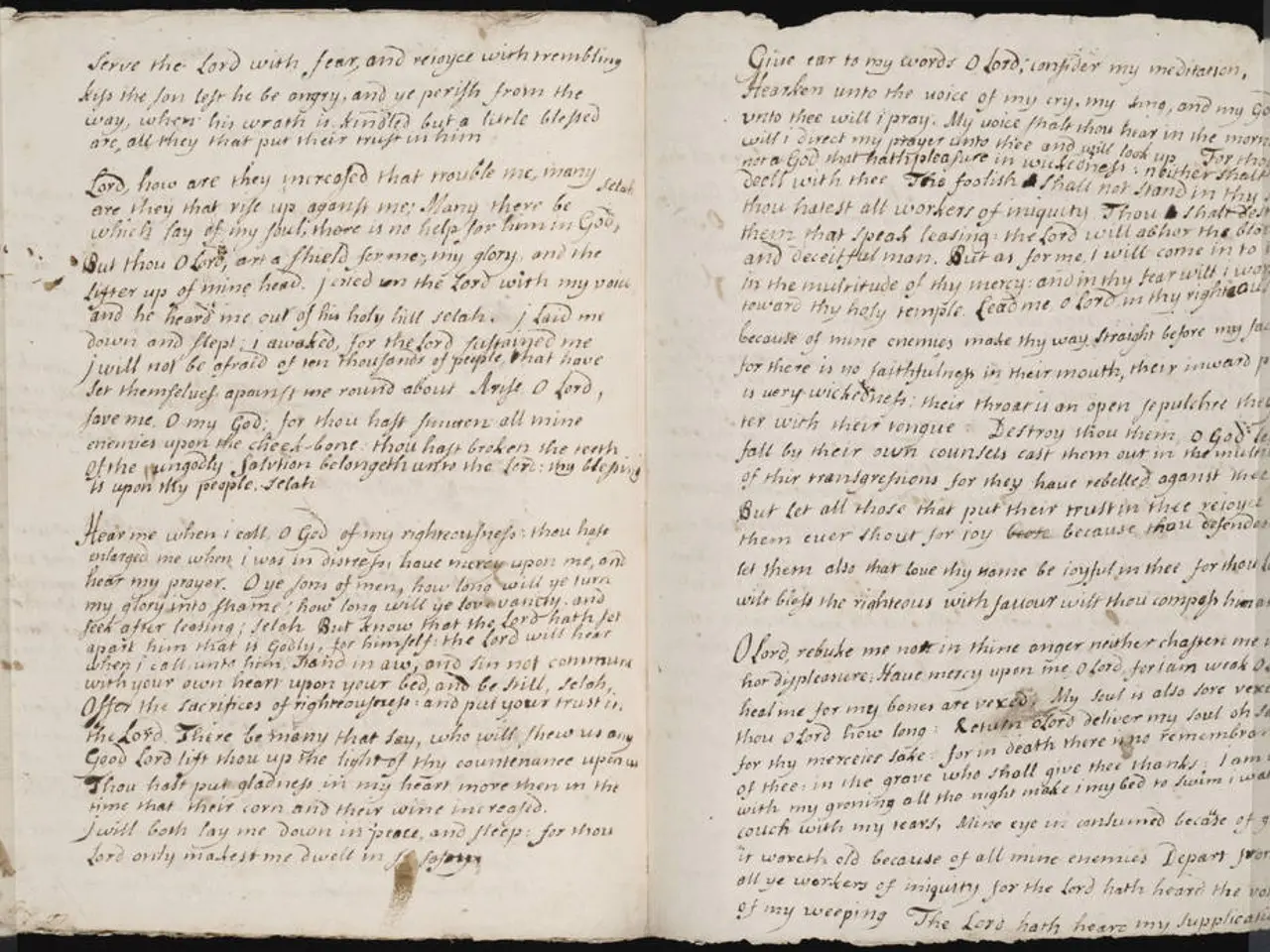Critique of "The Information" by James Gleick: An Examination of Its Content
In the captivating new book The Information by James Gleick, published by Fourth Estate with ISBN: 978-0-00-722573, the author delves into the world of information, discussing it as a fundamental unit of existence.
Gleick's exploration begins with a history of various information technologies, from African drumming to Babbage's Difference Engine, the telegraph, the telephone, the transistor, and the Internet. The book's journey moves from the technical to the mathematical, and eventually, the philosophical.
One of the book's key insights is the idea that information is a measure of uncertainty. If a message is entirely predictable from one number to the next, it contains little information. Conversely, if a simple code can be used to describe the contents (not the meaning) of the message, then all that needs to be transmitted is that simple code. This realization that a random string of numbers contains a lot of information is a profound insight in Gleick's book.
The degree of data compressibility is dependent on its randomness, according to the book. If a message is highly predictable, it can be compressed into a smaller size, while a message with high randomness requires a larger size to maintain its integrity.
Uncertainty is equated to information in the book, suggesting that it existed before matter. This idea sheds light on some of the biggest questions in science, including the origin of matter.
The book underpins many critical scientific breakthroughs of the 20th Century, including the discovery of the structure of DNA and numerous esoteric tenets of quantum physics. Information theory has proven to be a powerful tool in understanding and harnessing the complexities of the universe.
The conception of information as a fundamental unit of existence underscores the importance and value of personal information. The book suggests that the work of information professionals, often viewed as dry, is fundamental, essential, and even magical. The insights could reveal to information professionals the importance and significance of their work.
The book's exploration of information theory has potential implications for those who collect, manage, protect, and analyze information. The definition of information as a measure of uncertainty highlights why acquiring it helps organizations make decisions.
In conclusion, The Information: A History, a Theory, a Flood is a thought-provoking read that sheds light on the intricacies of information and its role in our lives. It serves as a reminder of the importance of information professionals and the vital role they play in our increasingly digital world.
Read also:
- Nightly sweat episodes linked to GERD: Crucial insights explained
- Antitussives: List of Examples, Functions, Adverse Reactions, and Additional Details
- Asthma Diagnosis: Exploring FeNO Tests and Related Treatments
- Unfortunate Financial Disarray for a Family from California After an Expensive Emergency Room Visit with Their Burned Infant








